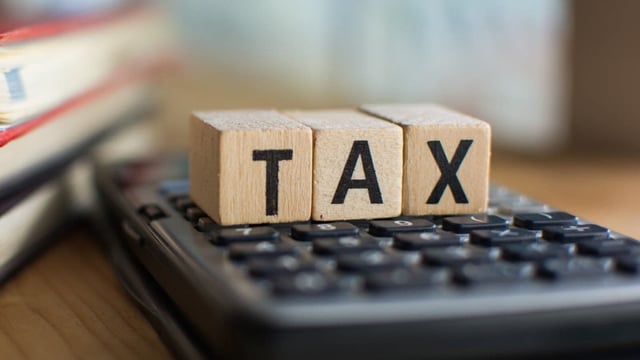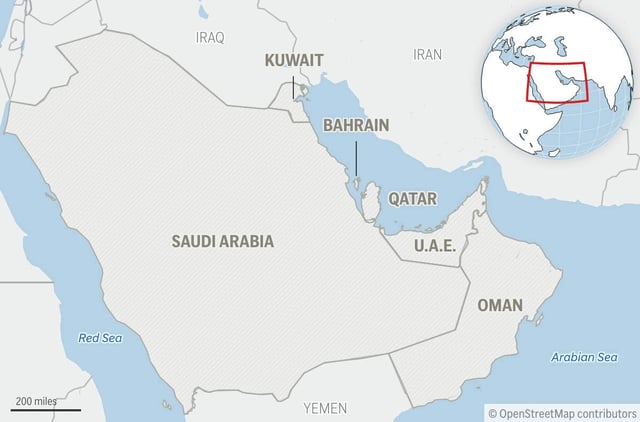Overview
- Oman will impose a 5% personal income tax on annual earnings above 42,000 rials ($109,000) starting in 2028, marking the first such levy in the Gulf Cooperation Council.
- Only the top 1% of earners in Oman will pay the tax, with most residents exempt and provisions allowing deductions for primary residence, health and charitable donations.
- The measure is designed to reduce the sultanate’s heavy reliance on hydrocarbons, which account for up to 85% of public income under current market conditions.
- International Monetary Fund officials and regional economists say Oman’s move could prompt other Gulf states, including the UAE, to introduce new taxes as global oil demand declines.
- This follows recent fiscal reforms in Oman such as a $2 billion IPO of its state energy unit in 2024 and a 2020 programme to cut public debt and boost economic development.



